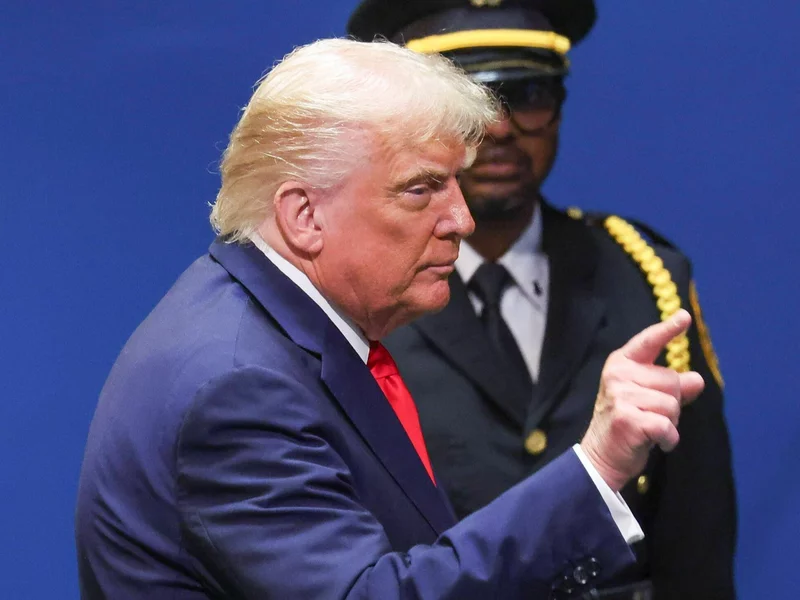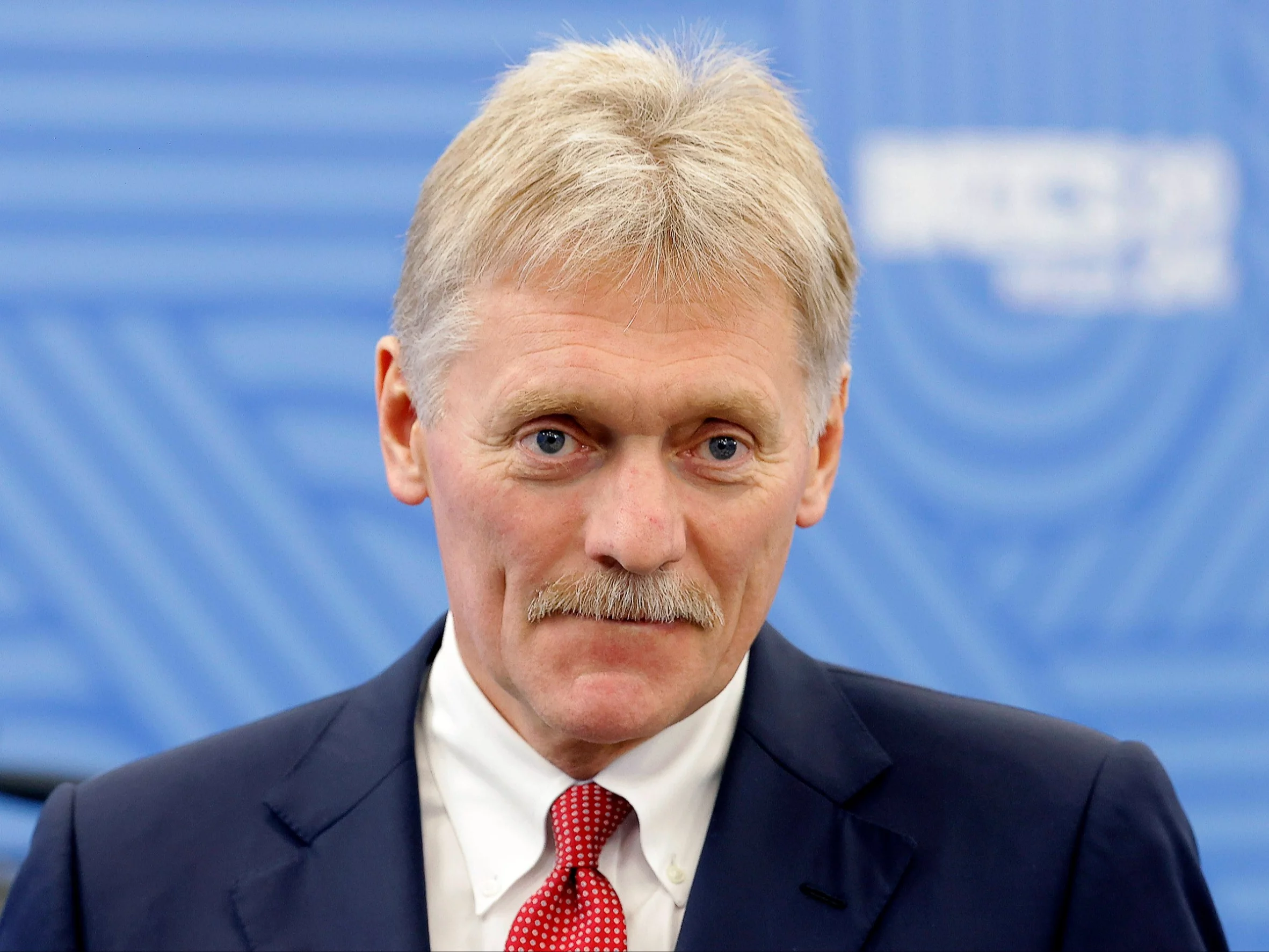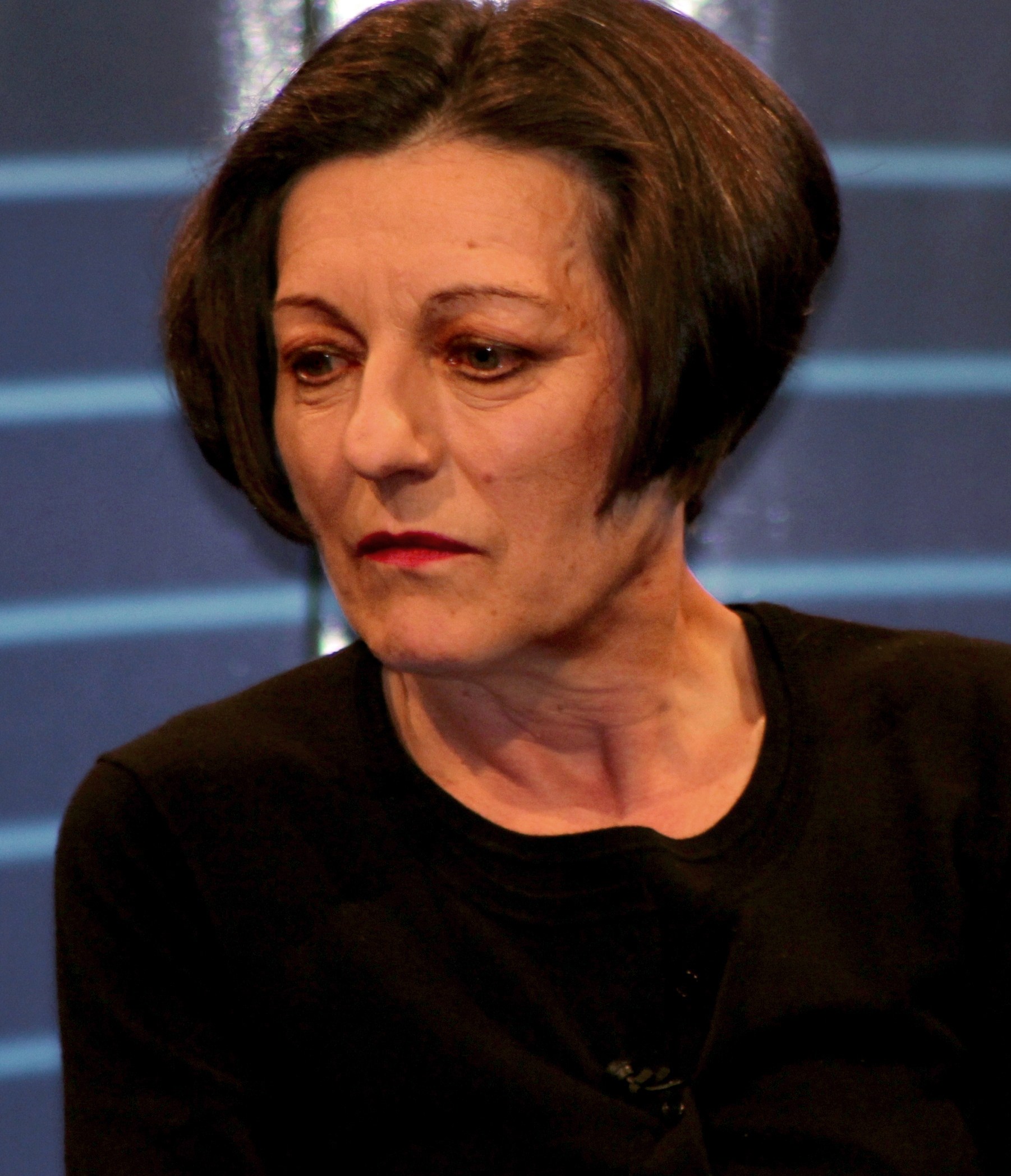EU War Deregulation: Defence Readiness Omnibus to support defence investment
On 17 June, the European Commission published the White Paper for the future of European defence (see White Paper: fresh EU Defence Initiatives) a Defence Readiness Omnibus solution package aimed at simplifying the procedures for investment in defence. The initiative consists of a communication and the accompanying draft amendments to the regulations and directives, as well as a draft fresh regulation on speeding up the authorisation of defence preparedness projects. The second contains regulation 60‐the day-limit for issuing national licences for defence projects. In addition, the EC wants to modify the European Defence Fund (EDF)’s action to simplify reporting (multi-annual action programmes alternatively of yearly ones), the selection criteria for projects and open up to cooperation with Ukraine. EDF will besides be subject to protectionist criteria, according to which a maximum of 35% of components (such as SAFE or EDIP) can come from outside the EU. The fresh rules would besides introduce the criterion of "defensive preparedness" as grounds for excluding certain environmental, climatic, chemical or equality rules (the alleged ESG criteria). It would besides be easier to transfer military technology and weapons and equipment (UiSW) within the Union. associate States could besides make common purchases of UiSW easier and the threshold of non-binding public procurement was raised from EUR 443 000 to EUR 990 000. Most of the proposed solutions will should be accepted by the EU Council and the European Parliament in the average legislative procedure.
Defence Readiness Omnibus is an crucial step towards speeding up defence investments in the EU and an overall increase in the cost-effectiveness of UiSW production in its territory. However, the effective implementation of the package will depend on the political will at the level of not only the EU institutions but besides the associate States, due to the advanced discretion of certain provisions and the request to transpose them into national law (for directives).
Comment
- The Commission wants to force advancement on the most pressing issues, specified as the chronicity of authorisation procedures for arms production and defence projects, on EU countries. For this reason, it decided to reduce the time limits in the form of a regulation, namely a law which is common and does not require transposition into national law. However, certain exceptions are provided which may extend the procedure to 3 or 4 months. At the same time, the Union wants a single contact point in each country to coordinate the authorisation process, which may require a legislative initiative at national level.
- In addition to simplifying and accelerating procedures, the precedence of the EC remains to encourage associate States and EU companies to cooperate. Its far-reaching nonsubjective is to make a "common defence market". The proposed modifications to the Defence and safety Procurement Directive concern non-controversial issues, specified as doubling authorised purchases bypassing tendering procedures. The Commission so focuses more on removing barriers to intra-EU trade and little on the worrying introduction of protectionist rules vis-à-vis 3rd countries. However, there is concern that further attempts to amend the Directive may decision towards gradually limiting the anticipation for associate States to get UiSW non-Union production.
- The changes in EDF may facilitate access to finance for companies and institutions from countries which have so far benefited small from this programme, including Polish ones. This will aid simplify the criteria for applying for funds (although with more emphasis than always on independency from external suppliers), facilitate cooperation with investigation centres (pre-commercial procurement) improving access to investigation results for co-financing countries or the anticipation of EU financing tests outside its own territory (e.g. Ukraine). However, the EC has utilized simplified procedures to extend its choice of projects (under the pretext of having to respond to defence needs) and to give greater importance to the alleged indirect task management by the European Defence Agency (EDA). Important, although not addressed in the package, concerns the amount of own contribution to projects (especially those carried out by investigation centres).












